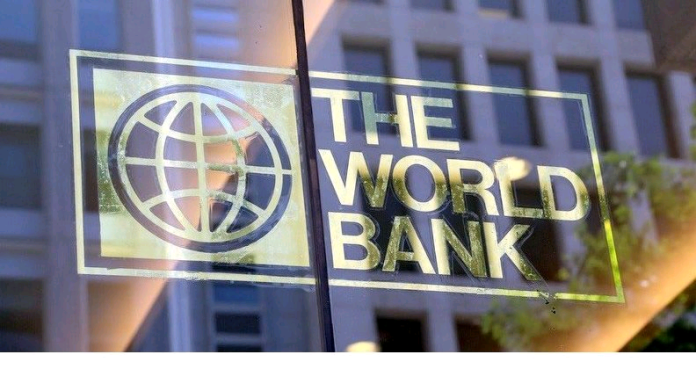In a recent report, the World Bank identified Nigeria, India, and the Democratic Republic of Congo as the countries suffering from the highest levels of poverty and pollution.
The report, named ‘Detox Development: Repurposing Environmentally Harmful Subsidies,’ emphasized the potential benefits of reallocating funds currently spent on agriculture, fishing, and fossil fuel subsidies to address climate change.
The World Bank’s report reveals an alarming situation: around 716 million poor individuals, living on under $1.90 per day, reside in areas with harmful levels of air pollution.
In the report, it is noted that,“Low- and middle-income countries account for 80 per cent of people exposed to unsafe levels of PM (Particulate Matter). Moreover, 716 million poor people live in areas with unsafe levels of air pollution.”
The report further highlights that nearly half of the aforementioned population lives in India, Nigeria, and Congo.
READ ALSO: Aboriginal democracy, only way forward for Nigeria —Okotie declares vision @64
These three nations alone account for almost half (48.6 per cent) of all poor people globally exposed to dangerous pollution levels.
The report explains, “India, with a population of more than 202 million, has the highest absolute number of exextremelyoor exposed to unsafe levels of particulate matter, corresponding to 14.7 per cent of India’s overall population. Nigeria is a distant second, followed by the Democratic Republic of Congo.”
In a statement released alongside the report, Senior Managing Director of the World Bank, Axel van Trotsenburg, argued for a reshuffling of financial priorities.
He asserted, “People say that there isn’t money for climate but there is, it’s just in the wrong places. If we could repurpose the trillions of dollars being spent on wasteful subsidies and put these to better, greener uses, we could together address many of the planet’s most pressing challenges.”























